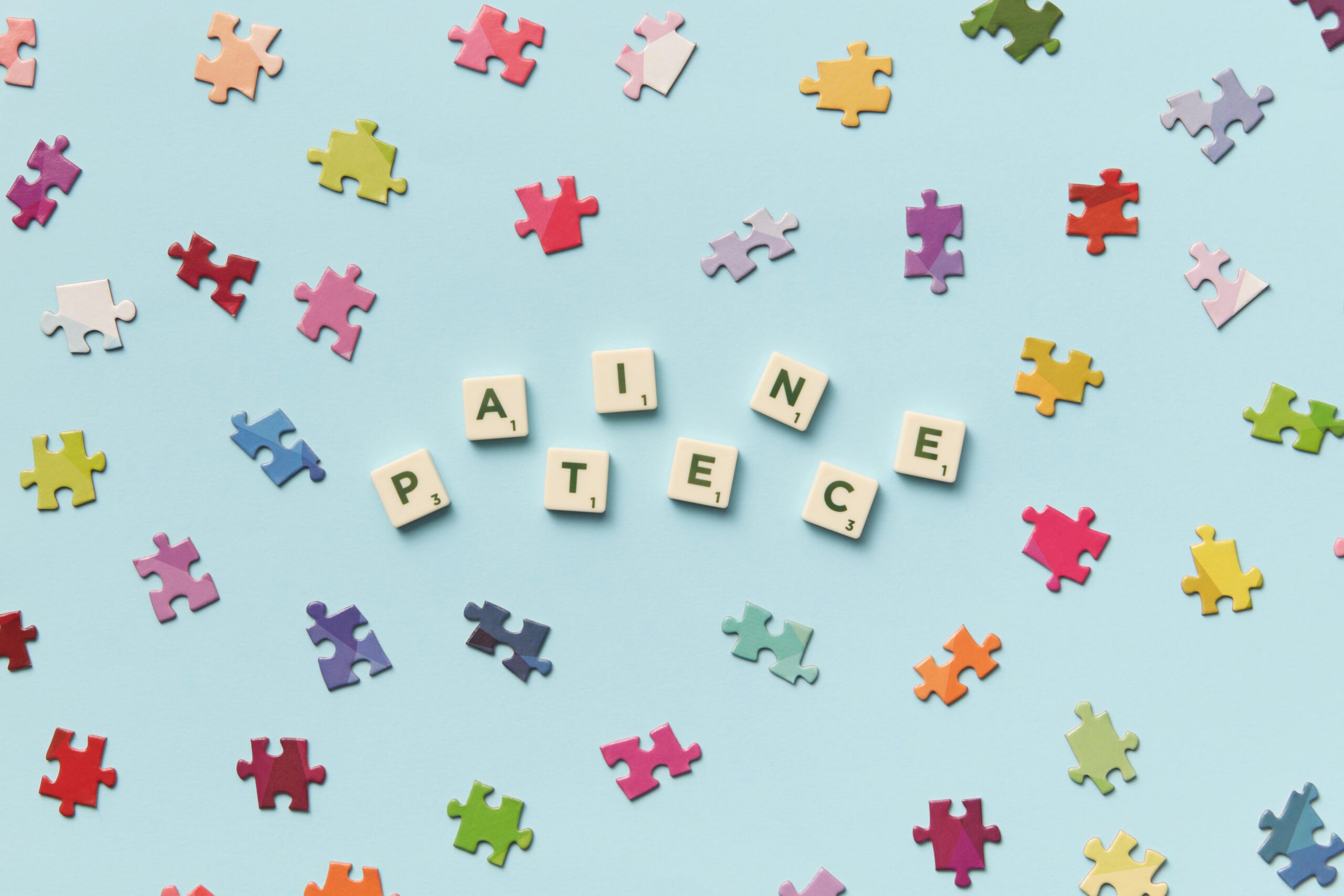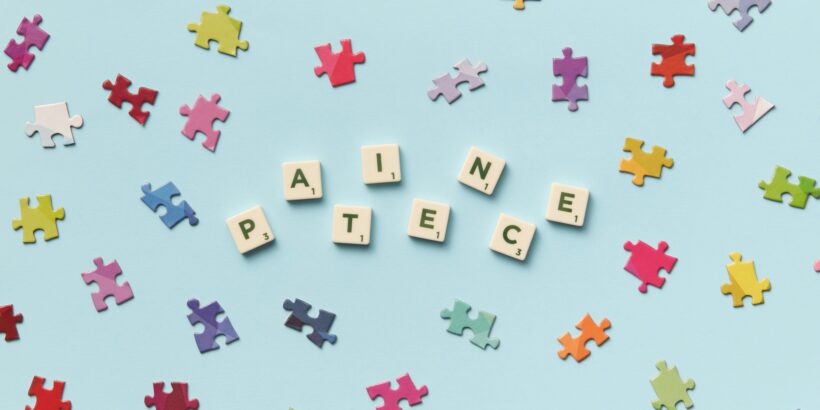
By Brittany Cotton
Jigsaw puzzles are good for both mental health and acuity. You need spatial awareness to be able to fit the pieces into the right place, and you can focus on a relaxing activity rather than a bevy of distractions. Further, they can be a bonding experience between family and/or friends in a group because you’ll be spending quality time with them, not to mention sharing a sense of achievement.
How Jigsaw Puzzles Help: The Science
First, jigsaw puzzles help you with short-term memory. After all, you must remember where you put “that piece” to finish a section. You also create a plan to be able to solve the puzzle, such as doing the frame of the puzzle first and then filling in the middle.
In addition, solving jigsaw puzzles helps to improve memory overall. This study states that dopamine helps by:
… modulating the functional parameters of working memory circuits subserving effortful cognition …
Relaxing activities like solving jigsaw puzzles increase dopamine, particularly upon completion of the puzzle.
Screens also produce blue light, and there is evidence that such light inhibits sleep by affecting melatonin production. By switching off the screen and doing a puzzle, you create a better atmosphere for eventually retiring to sleep. The stress relief that comes from doing puzzles also contributes to better sleep.
Great for All Ages
It’s not just adults who benefit from these things. Children, many of whom are overstimulated throughout their collective days, often find themselves too wound up to sleep. Sitting down with them and doing a puzzle helps to focus them on something relaxing, and you and they can enjoy family time together.
Even adolescents on the cusp of completing their first semester in college can benefit from doing puzzles with their friends. Throughout high school, nearly 73% of them were chronically sleep-deprived, leading to mental health and academic challenges. When these people are away from their families, it can be stressful. So, doing puzzles is a good way for them to decompress, relieve stress, and gain both grounding and focus that will help them not only get enough sleep but also achieve better in their classes.
Centered Mind, Peaceful Existence
As puzzles help with concentration and are also a calming influence, they are beneficial for people who experience attention-deficit hyperactivity disorder. ADHD has been described as feeling as if someone has a dozen tabs open on a browser at the same time and is trying to read them all at once. The centering effect of doing a puzzle can help the person focus, thus alleviating the frustration that comes with the scattering of thoughts.
Conclusion
By doing and completing jigsaw puzzles, you can lighten your mood, help yourself with concentration, achieve better sleep, and improve your overall mental health. The best part is that if you have a favorite puzzle, then you can disassemble it and do it all over again. Or, as a reminder of your success at completing it, put it on a piece of oak tag with some sort of adhesive and frame it. Then, it’d be a constant reminder of the good times you shared while completing it and the satisfaction of having done so.
Brittany Cotton is a writer who focuses on health, wellness, and a variety of other topics. In her free time, you can find her reading, trying new recipes, or playing with her dog.
